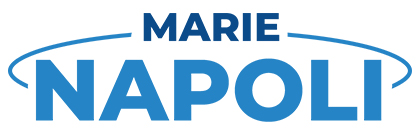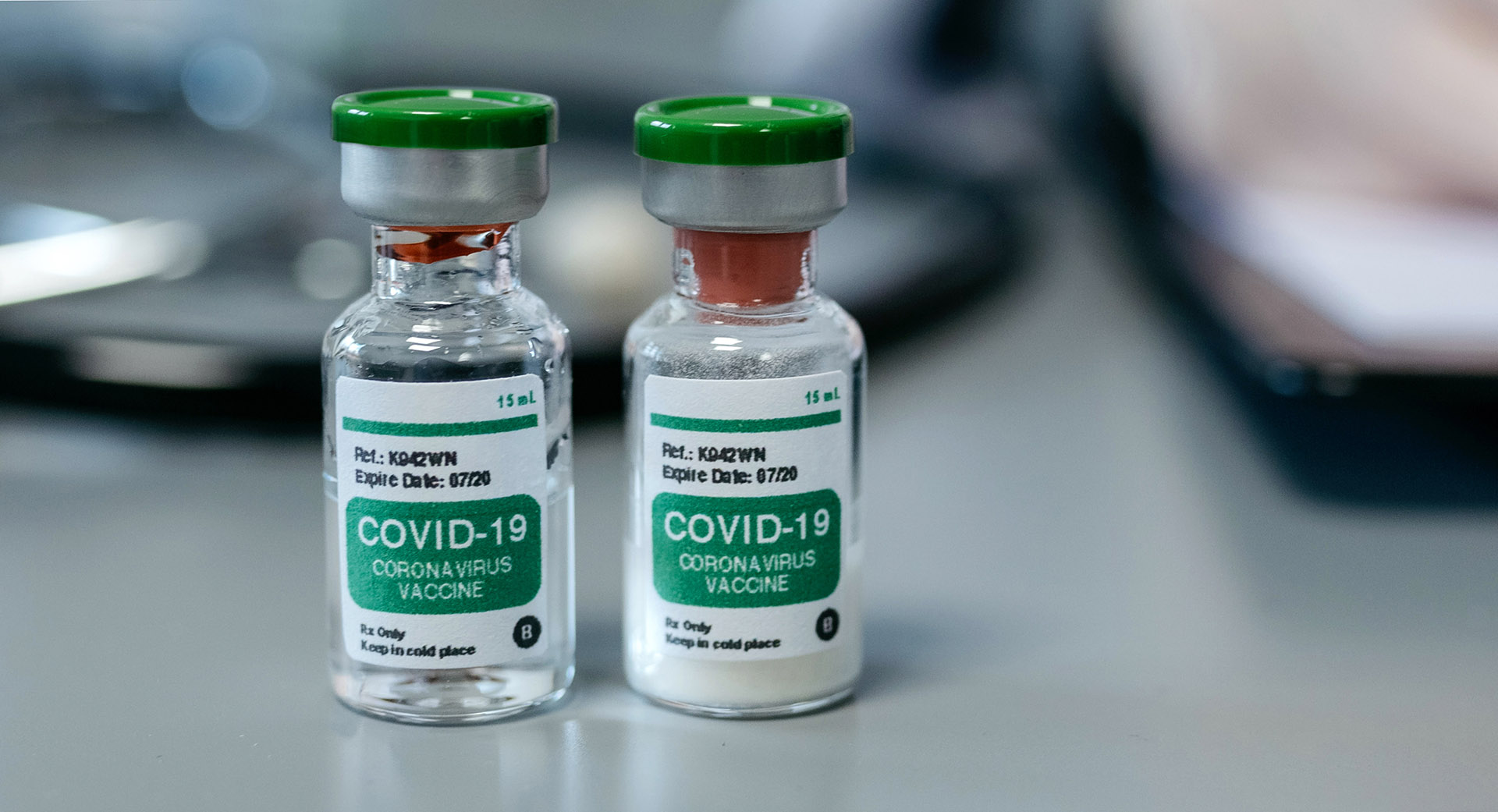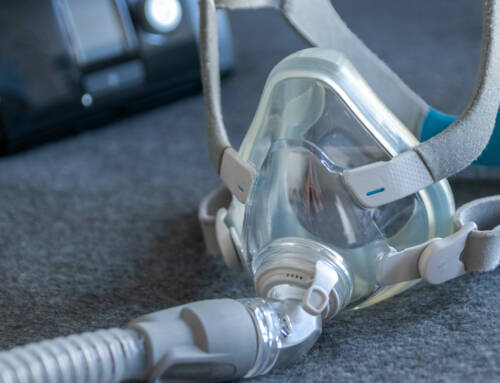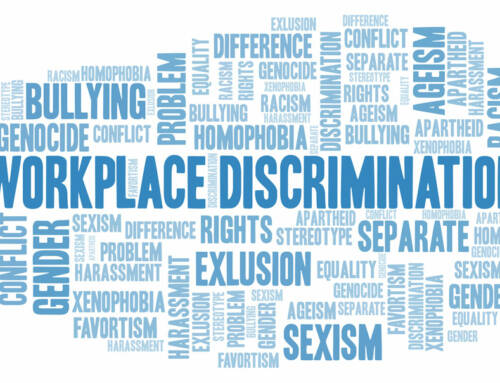Wherever there is fear and uncertainty, scammers are usually active. Perhaps now more than ever, these things are plentiful.
Secretary of State Rossana Rosado warned New Yorkers to beware of suspicious emails or text messages that direct people to harmful websites, messages from organizations claiming to sell vaccines, and robocalls. “The arrival of the COVID-19 vaccination brings along hope for so many of us, but it also creates new opportunities for unscrupulous scammers to attempt to lure people into unintentionally providing their personal information,” she said.
Rosado reminded people that the government alone directs vaccine distribution. She also advised people not to engage with robocalls, but to simply hang up.
Should I Get Vaccinated?
Normally, vaccinations are largely a matter of personal choice. Things like religious objections, underlying medical conditions, and a sincere belief in a conspiracy theory prompt many people to refuse vaccinations. Other people simply do not like needles.
Vaccines have a medical as well as an emotional effect. They at least slow the spread of infectious diseases, and they make people feel better. During a pandemic, emotional health is at least as important as physical health.
Workplace anti-discrimination laws usually protect personal choices. But coronavirus is an exception. The Equal Employment Opportunity Commission recently announced that employers may require worker vaccinations if the worker is “a direct threat to the health or safety of individuals in the workplace.” These individuals could be co-workers, vendors, managers, customers, or pretty much anyone else.
Not every worker constitutes such a threat, so bosses cannot force all workers to get vaccinated. The following factors apply:
- Severity and nature of potential harm,
- Duration of the risk,
- Likelihood of potential harm, and
- Imminence of potential harm.
In other words, a restaurant manager could probably require most workers, especially if they are customer-facing, such as waitstaff, to get vaccinated. But a night shift cook who works in the kitchen alone might not meet the requirements. Yes, there is a risk that the night shift cook could get sick and spread coronavirus. But this risk is not significant enough to warrant mandatory vaccination.
There’s more. If the employer can provide a reasonable accommodation that reduces the risk of infection, the employer cannot bar unvaccinated workers from the workplace, even if they meet the aforementioned criteria.
The protections discussed below might or might not be a reasonable accommodation. This phrase is quite subjective. So, if you do not want to get vaccinated and you want to keep your job, a New York civil rights attorney should at least review your case.
COVID-19 Standard of Care
The right to require vaccinations is also a duty to require vaccinations. This duty of care applies to infectious disease hazards, like coronavirus, and everyday hazards, such as fall dangers. In New York, the level of duty usually depends on the relationship between the victim and landowner, as follows:
- Invitee: If the victim had direct permission (like a dinner invitation) or indirect permission (like an “open” sign) to be on the property, and that presence benefited the owner in any way, the owner has a duty of care to keep the premises reasonably safe. This category is by far the broadest one of the three.
- Licensee: Some people, like guests of hotel guests, have permission to be on the land, but there is no benefit to the owner. In these situations, owners only have a duty to warn about latent (hidden) defects.
- Trespasser: A few people are trespassers because they have no permission and there is no benefit. Generally, there is no duty in these cases. Some legal doctrines, like the attractive nuisance rule, protect some child trespassers.
Masking, social distancing, and sanitizing are the three major coronavirus safety responsibilities. However, many businesses do not have strict rules in all three areas. Other businesses have rules, but they do not enforce them. Either lapse could be a breach of the duty of care, especially if the coronavirus victim was an invitee.
To establish liability, most victims must also prove the owner knew, or should have known, about the hazard. Victim/plaintiffs must establish knowledge by a preponderance of the evidence, or more likely than not.
Damages in a premises liability claim, such as a fall, swimming pool drowning, or a coronavirus infection, normally include compensation for economic losses, such as medical bills, and noneconomic losses, such as pain and suffering.
The duty to keep people safe from coronavirus could include the duty to vaccinate employees. For a free consultation with an experienced personal injury attorney in New York, contact Napoli Shkolnik PLLC.






